Health & Medicine
-
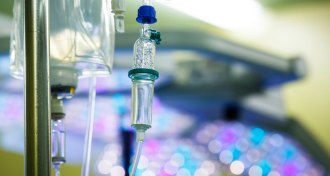 Health & Medicine
Health & MedicineAnesthesia steals consciousness in stages
Brains regions that are synchronized when awake stop communicating as monkeys drift off.
-
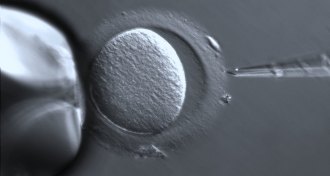 Health & Medicine
Health & MedicineIVF doesn’t up long-term breast cancer risk, study says
A Dutch study of more than 25,000 women over two decades suggests that IVF-treated women are no more likely to get breast cancer than other women.
-
 Health & Medicine
Health & MedicineNo one-fits-all healthy diet exists
Mice’s response to diet varies with their genes.
-
 Science & Society
Science & SocietyGM mosquitoes succeed at reducing dengue, company says
GM mosquito releases in Brazil have helped cut dengue cases 91 percent in a year.
By Susan Milius -
 Health & Medicine
Health & MedicineFirst case of woman-to-man spread of Zika via sex reported
The first known case of female-to-male sexual transmission of Zika virus has been reported in New York City.
By Meghan Rosen -
 Health & Medicine
Health & MedicineExercise helps you get in shape for old age
Exercise can fend off the effects of aging on the body and brain.
-
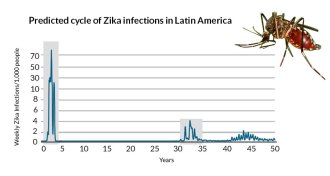 Health & Medicine
Health & MedicineZika epidemic peaking in Latin America
Zika virus is burning through the population of Latin America; the epidemic will probably be over within two years, and won’t strike again for at least 10 years or more, a new analysis suggests.
By Meghan Rosen -
 Health & Medicine
Health & MedicineRisk of travelers to Olympics sparking new Zika outbreaks low
Just four countries — Chad, Djibouti, Eritrea and Yemen — bear a substantial risk of bringing Zika virus home from the Olympics and having it spread, the CDC says.
By Meghan Rosen -
 Health & Medicine
Health & MedicineStill mysterious, aging may prove malleable
Our editor in chief discusses the science of aging.
By Eva Emerson -
 Neuroscience
NeuroscienceThe brain’s blueprint for aging is set early in life
The brain's decline may mirror its beginning, offering clues to aging.
-
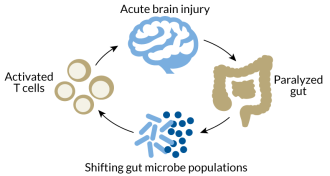 Neuroscience
NeurosciencePost-stroke shifts in gut bacteria could cause additional brain injury
The gut’s microbial population influences how mice fare after a stroke, suggesting that poop pills might one day prove therapeutic following brain injury.
-
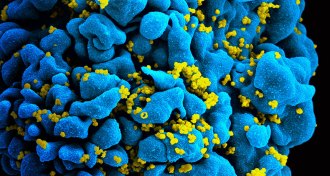 Health & Medicine
Health & MedicineUnprotected sex less risky if HIV-positive partner on antiretroviral therapy
The risk of HIV transmission during unprotected sex drops drastically if the HIV-positive partner is taking antiretroviral therapy.
By Meghan Rosen